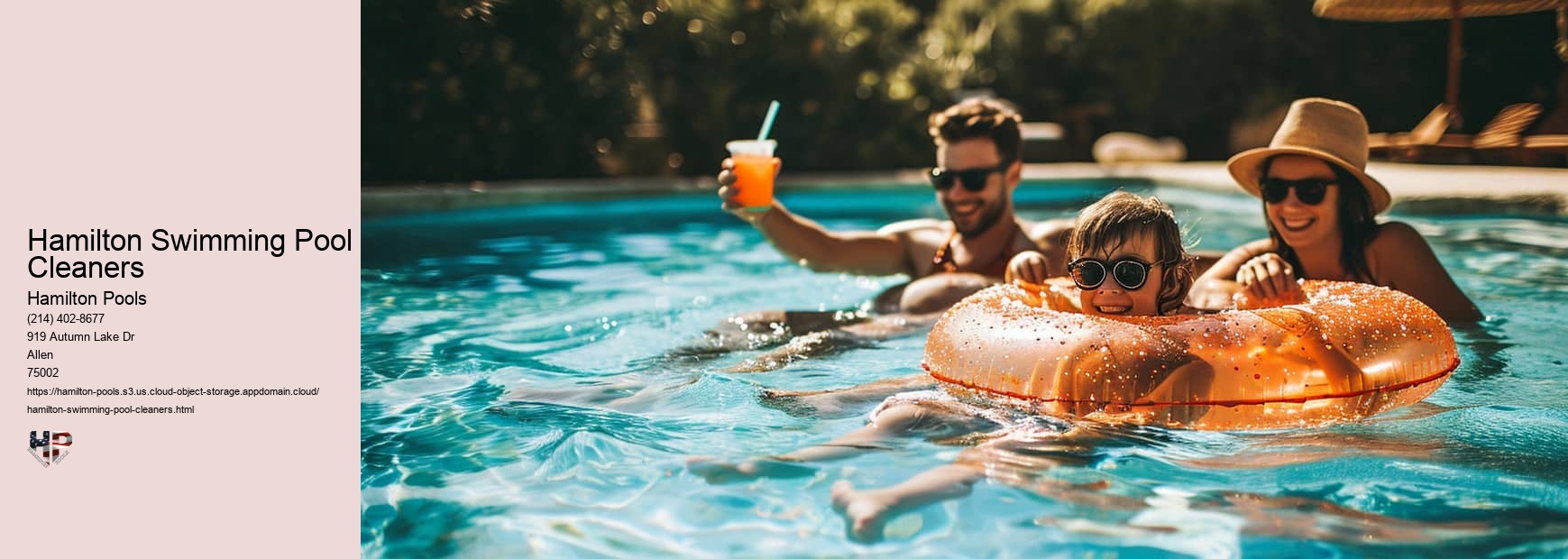
In addition to water chemistry, we also inspect the overall condition of your pool, including the pool walls, floors, and equipment. Our technicians are trained to identify any signs of damage or wear, such as cracks, leaks, or malfunctioning equipment. By addressing these issues promptly, we can prevent further damage and costly repairs down the line.
When it comes to tile maintenance, our team pays meticulous attention to detail. We carefully clean and maintain your pool's tile, ensuring it remains in pristine condition. Our technicians are skilled in using specialized tools and techniques to remove dirt, grime, and mineral deposits, leaving your tile looking brand new.
Our warranties provide you with the assurance that if any issues arise after our service, we will take care of them promptly and efficiently. Whether it's a problem with your pool's plumbing, heater, or pump, our team of skilled technicians will work diligently to resolve the issue and ensure that your pool is functioning properly.
Hamilton PoolsAdding too much acid can drastically lower pH, causing eye irritation, skin burns, and damage to pool equipment. It's crucial to test and adjust pH gradually. If you over-acidify, neutralize with baking soda or pool-specific pH increaser.
It can be! With basic knowledge and consistent effort, maintaining a clean and healthy pool is achievable. Start with simple tasks like skimming and brushing, then learn about water chemistry testing and adjustments. Don't hesitate to seek professional help if needed!
Look for telltale signs! Cloudy water, slimy or discolored surfaces, strong chlorine odor, or excessive debris are all indications of potential problems. Regularly test your water chemistry to identify and address any imbalances before they worsen!
Sunlight and proper water balance are natural allies against algae. Maintain pH and other chemical levels within ideal ranges to hinder algae growth. Utilize shade management and skim debris regularly to further prevent their development!
While scrubbing the walls, use a pool brush to agitate sediment, then sweep it towards the shallow end. Scoop it up with a net before it settles again. Repeat until the floor is clear.
Think beyond shock! While shock addresses algae, achieving crystal clarity requires a multi-pronged approach. Test and balance your water chemistry, regularly skim debris, brush surfaces, and vacuum thoroughly. Maintain proper filtration and consider clarifiers for extra sparkle!
Shock dosage depends on your pool's volume and shock type. Consult the product instructions or reach out to a pool store for guidance. Don't guesstimate - an accurate measurement ensures effective algae control without overdoing it!